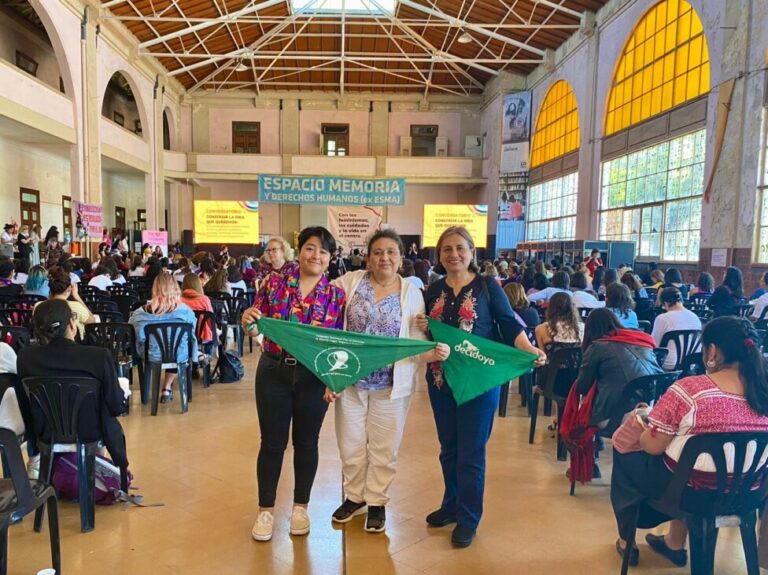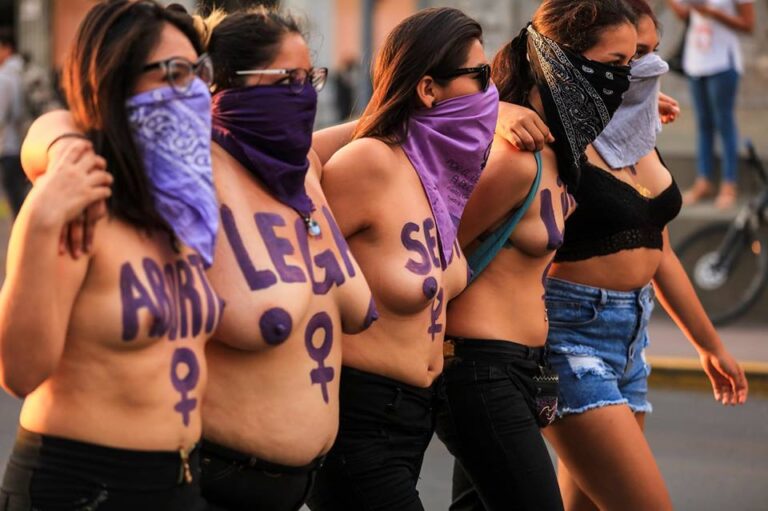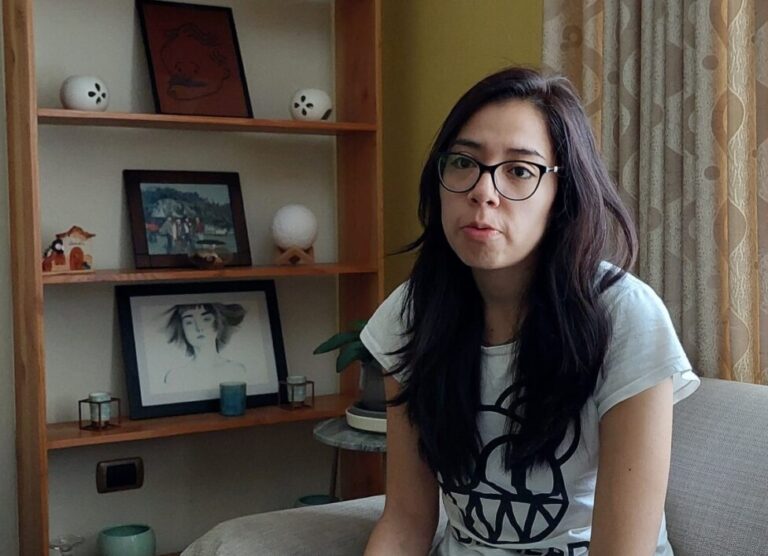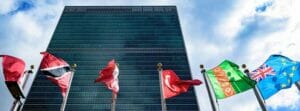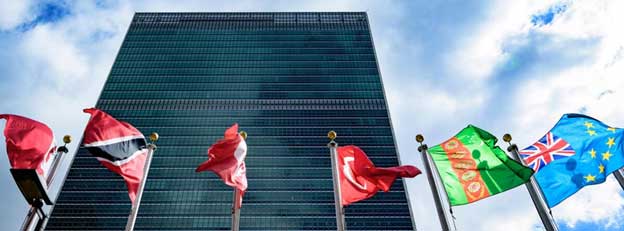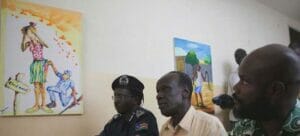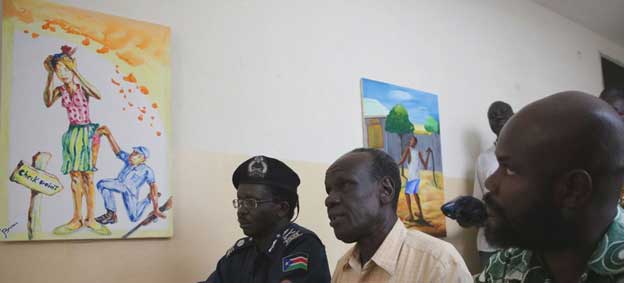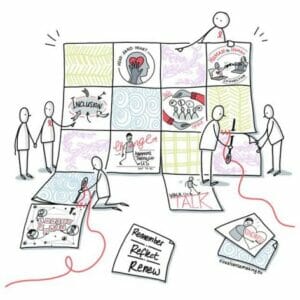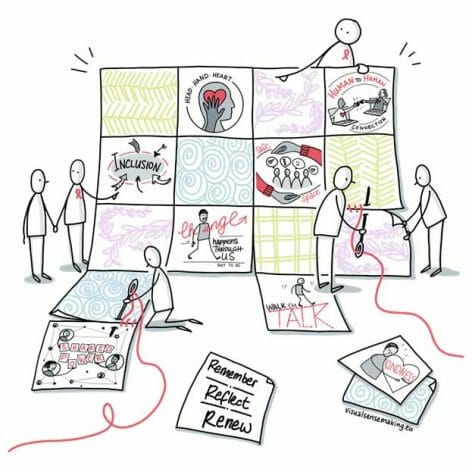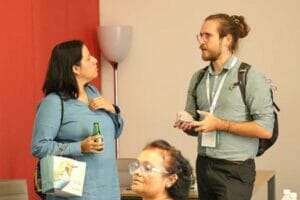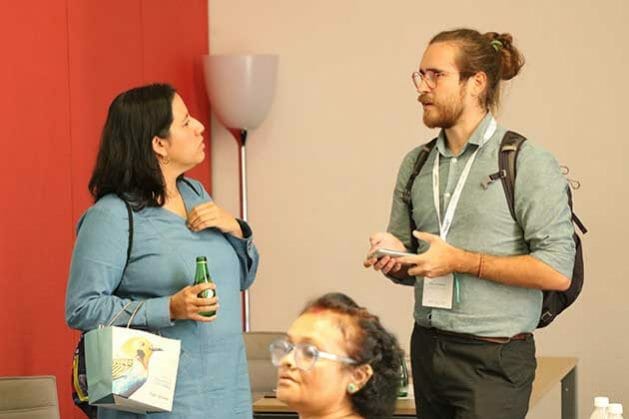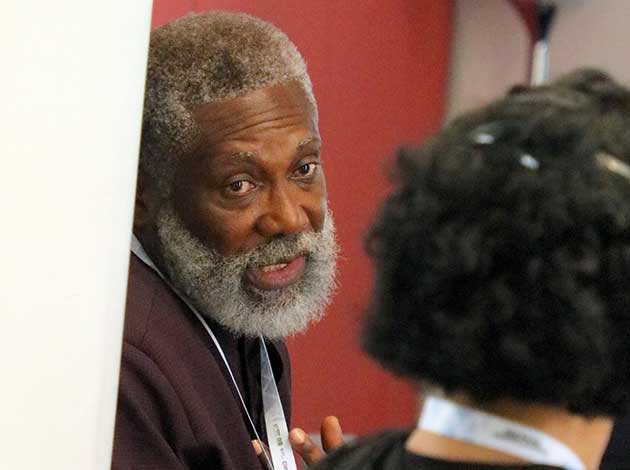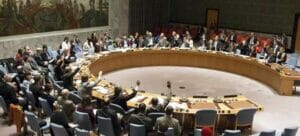
Civil Society, Featured, Gender, Gender Violence, Global, Headlines, Health, Human Rights, TerraViva United Nations
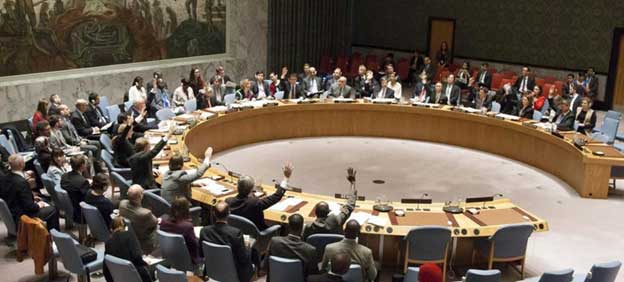
Security Council members vote to adopt a resolution endorsing special measures for protection from sexual exploitation and abuse by UN peacekeepers. Credit: UN Photo/Loey Felipe
– The United States, which recently laid down a set of guidelines to monitor sexual exploitation and abuse (SEA) by US citizens in international organizations, including the United Nations and its agencies worldwide, has implicitly accused the UN of faltering on a high-profile case last month.
The U.S. District Court for the Southern District of New York sentenced Karim Elkorany, an American citizen and a former UN employee, to 15 years in prison for the drugging and sexual assault of one victim and making false statements to cover up another sexual assault.
As part of the federal investigation, Elkorany admitted that he had drugged and/or sexually assaulted 17 additional victims between 2002 and 2016.
Ambassador Chris Lu, U.S. Representative for UN Management and Reform at the US Mission to the United Nations, said that consistent with State Department policies, “we have referred this matter to the Office of Inspector General for review to ensure a culture of accountability”
“We also call on the United Nations to undertake a similar review that includes a comprehensive examination of the handling of any sexual exploitation and abuse or sexual harassment (SEAH) allegations against Mr. Elkorany during his employment with the United Nations”.
The investigation, he said, should examine whether UN officials were aware of Elkorany’s misconduct and failed to take appropriate action, including ensuring the availability and accessibility of assistance to survivors.
In line with the “Principles on Protection from Sexual Exploitation and Abuse and Sexual Harassment (SEAH) for U.S. Government Engagement with International Organizations”, the United States said it is committed to preventing and responding to sexual exploitation and abuse and sexual harassment in the UN system.
“We strongly support the United Nations’ zero tolerance policy and the Secretary-General’s efforts to strengthen its implementation”.
“Protection from SEAH is the responsibility of leadership and managers at every level who have a duty to take action in response to allegations of SEAH and ensure implementation of governance policies and delivery of services in a manner that respects the rights and dignity of all personnel and communities served by our institutions.”
The critical stand against the UN comes amid “16 Days of Activism against Gender-Based Violence”, beginning November 25, and billed as an opportunity to call for prevention and elimination of violence against women and girls.
Meanwhile, UN Secretary General Antonio Guterres has established a Chief Executive Board Task Force to review policies to prevent sexual harassment and develop improved and consistent approaches across the UN, including a review of how the UN defines sexual harassment.
Tsitsi Matekaire, the Global Lead on Equality Now’s End Sexual Exploitation Programme based in the UK, told IPS the publication of these principles by the US government is a welcome development.
They echo similar positive initiatives by countries such as Australia and the UK, which have introduced measures following highly publicized scandals in recent years within the international aid sector.
“It is good to see more organizations introducing and extending safeguarding policies, but words must be underpinned by effective action and we need more evidence about the impact of these commitments. It is no good having protection strategies and procedures in place if they are not being well implemented and abuse continues unchecked”, said Matekaire.
“We don’t know the true scale of the problem, but we do know from frequent revelations that sexual harassment, sexual exploitation and abuse remain a widespread problem inside the United Nations system and within other international development organizations”.
In September 2022, she pointed out, a media investigation disclosed sexual abuse by humanitarian workers at an UN-run camp in South Sudan. It was reported that abuse occurred “on a daily basis” over a number of years and aid officials were aware as early as 2015.
Although the UN did take some action, it faced criticism for failing to introduce effective strategies to end the problem, and an external review cited a lack of victim support, she noted.
“The UN and all international development agencies must enforce a zero-tolerance approach to sexual abuse and harassment directed at, and perpetrated by, staff. This must apply to everyone, regardless of what level their position is”.
“All staff should receive training, with policies and procedures well communicated. Reports of abuse should be taken seriously, investigations carried out swiftly and effectively, and perpetrators held fully to account”.
She also said that aid workers and other whistle-blowers need to be well protected so they are able to disclose allegations of abuses without fear of negative repercussions, including retaliation or sidelining.
And safeguarding and reporting mechanisms need to ensure sexual predators are not able to evade punishment or move to different jobs where they are able to commit further offences.”
And here is the link to the article about the South Sudan story referenced above.
Meanwhile, a Reuters report of November 1 said the World Health Organization (WHO) has suspended a senior manager at its Geneva headquarters after a British doctor publicly alleged she was sexually assaulted at a health conference last month, according to two sources familiar with the matter.
Rosie James, a 26-year-old junior doctor working for England’s National Health Service tweeted last month that the assault occurred at the World Health Summit in Berlin. The event, which took place from Oct. 16-18, was jointly organized by the WHO. James said at the time that she planned to report the incident.
“The alleged perpetrator is on leave and the investigation is on-going,” a WHO spokesperson said in an emailed response to Reuters about James’s statements, without naming him.
The set of “Government Engagement Principles on Protection from Sexual Exploitation Abuse and Sexual Harassment within International Organizations, laid down by the US includes six key components:
Zero Tolerance
The United States will continue to promote the full implementation of policies of zero tolerance for sexual exploitation and abuse and sexual harassment, including zero tolerance for inaction in response to allegations, across the United Nations and other International Organizations.
This includes support for policies that prioritize prevention and mitigation efforts, monitor the effectiveness of such efforts, ensure safe access to confidential SEAH reporting mechanisms and appropriate survivor support, and embed survivor-centered principles across all actions in response to reported allegations – including investigations.
The United States recognizes that an absence of reporting does not mean incidents are not being perpetrated, nor does it indicate that zero tolerance policies are being fully implemented.
A Survivor-centered Approach
The United States expects all allegations or incidents of sexual exploitation and abuse and sexual harassment to be reviewed and addressed, while respecting principles of due process.
In its engagement with the United Nations and other International Organizations, the United States will continue to advocate for the use of survivor-centered principles and standards – an approach that recognizes and empowers survivors as individuals with agency and unique needs, safeguarding their dignity and wellbeing.
Prevention and Risk Mitigation
The United States will work with the United Nations and other International Organizations to institutionalize prevention and mitigation measures that go beyond basic awareness-raising, training, capacity-building or dissemination of codes of conduct, and include a commitment to promote adequate funding, dedicated technical staff, and meaningful risk analysis and mitigation.
The United States will hold the United Nations and other International Organizations to the highest standard, including from the onset of a crisis, conflict or emergency, to mitigate against such risk, especially with highly vulnerable populations.
Accountability and Transparency
The United States expects the leadership of the United Nations and other International Organizations to take meaningful action to support accountability and transparency through, among others, the following: the conduct of timely and survivor-centered investigations; response efforts driven by the needs, experiences, and resiliencies of those most at risk of SEAH; clear reporting and response systems, including to inform Member States of allegations or incidents; and accountability measures, including termination of employment or involvement of law enforcement, as needed.
Organizational Culture Change
The United States will work to advocate for the development by the United Nations and other International Organizations of evidence-based metrics and standards of practice in the implementation of zero tolerance policies, promote holistic approaches, empower women and girls, and reinforce leadership and organizational accountability.
Policies, statements, and training are essential, but alone are insufficient to produce lasting positive change. Systems-level change requires a shift in organizational culture, behavior, and the underlying processes and mechanisms to deliver assistance and promote internal accountability.
Empowerment of Local Communities
The United States will prioritize, in partnership with the leadership of the United Nations and other International Organizations, the critical importance of locally-led efforts, particularly those led by women and girls, who, when meaningfully supported and engaged, can inform the measures that may mitigate risks and promote safer foreign assistance programming.
IPS UN Bureau Report



